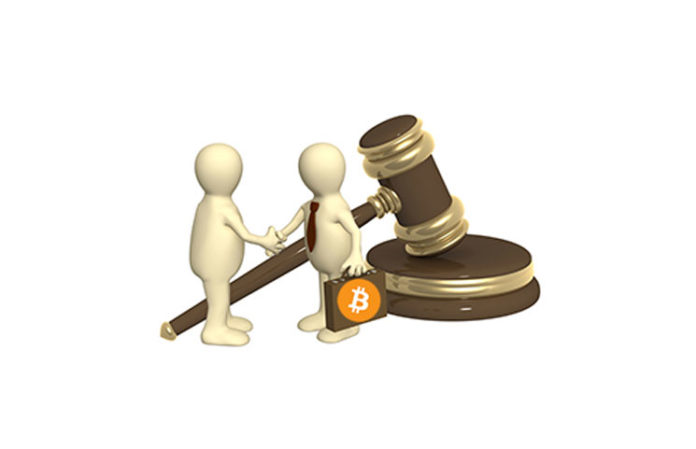Point-Counterpoint on Regulating Bitcoin
Do we need more government oversight for bitcoin? In a recent point–counterpoint debate, American Enterprise Institute resident scholar Paul Kupiec and I square off.
According to Kupiec, “bitcoin and other cryptocurrency are unlikely to gain mainstream status without the right mix of government regulation and oversight.” He offers three objectives for regulators:
- Secure the protocol from miners.
- Protect users from theft or fraud.
- Prevent illegal activities.
I do not address his first objective in my response. I was not told in advance what he would be arguing. And, frankly, I am surprised that anyone seriously worries that a “single ‘miner’ with too much computing power can manipulate the timing of transactions on the blockchain and potentially counterfeit the cryptocurrency.” If anything, the bitcoin governance structure—which requires widespread adoption of a proposed change before it goes into effect—makes updating the protocol too difficult. Witness, for example, the increasing transaction times (and transaction fees) that would be eliminated if those running the protocol could only agree to increase the block size limit.
On the remaining two issues, we do not disagree on the problems so much as what to do about them. For my part, I point out that those “using or facilitating transactions with bitcoin are already subject to a fair amount of regulation.” There is little scope for additional, special regulation.
Is there some risk of theft or fraud? Sure. But bitcoin exchanges are already required to register as money services businesses and we already have rules for dealing with theft and fraud. As I note in the article, “a Chicago trader [recently] appeared in U.S. District Court charged with stealing bitcoin from his employer to cover trading losses. No new laws or regulations are required to prosecute such cases.”
What about preventing illegal transactions and transfers? Again, there is no denying that bitcoin will be used in such transactions. To the extent that it functions as a medium of exchange, bitcoin will be used to acquire goods and services individuals want—some of which are illegal. That does not mean bitcoin will encourage such transactions to any meaningful extent. We must keep the magnitude of effect in mind. And “there is no more reason to think bitcoin will encourage criminal activity than there is to think a slightly faster car will result in more bank robberies.”
It is tempting to meet a problem with a call for additional, special regulations. But that presupposes regulations will improve matters. The fact is that we already have a fair amount of regulation in the market for bitcoin. It is unclear that more regulation would make things better. And “[t]oo much regulation,” as Kupiec notes, will cause bitcoin to “succumb to compliance costs.” As such, we should be very careful not to overregulate.











